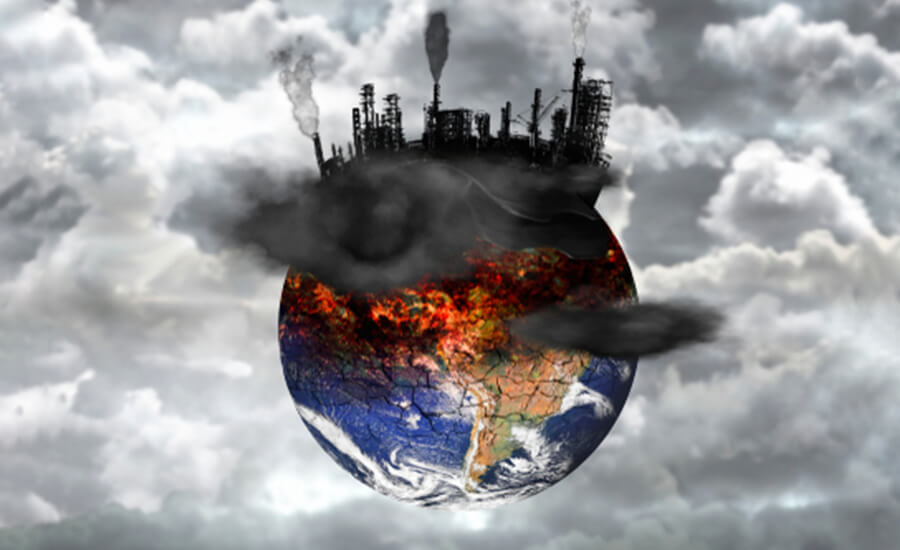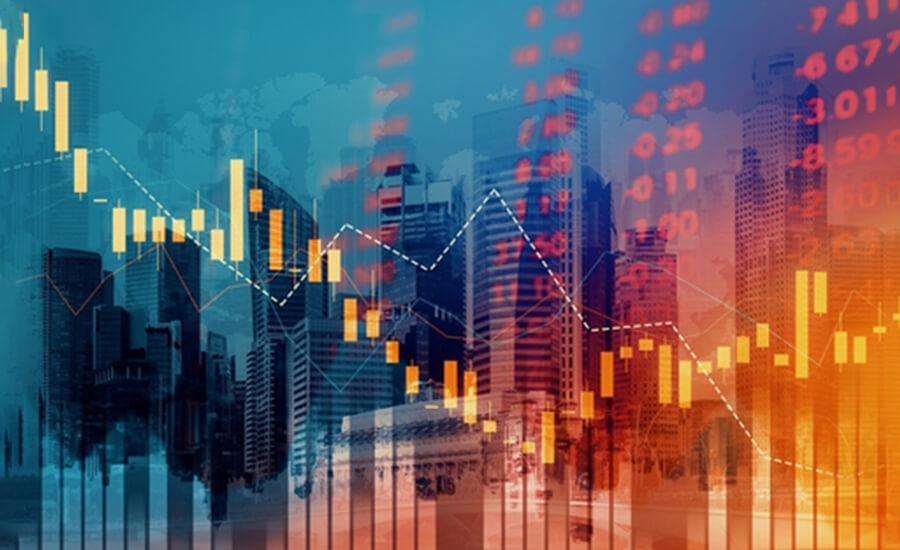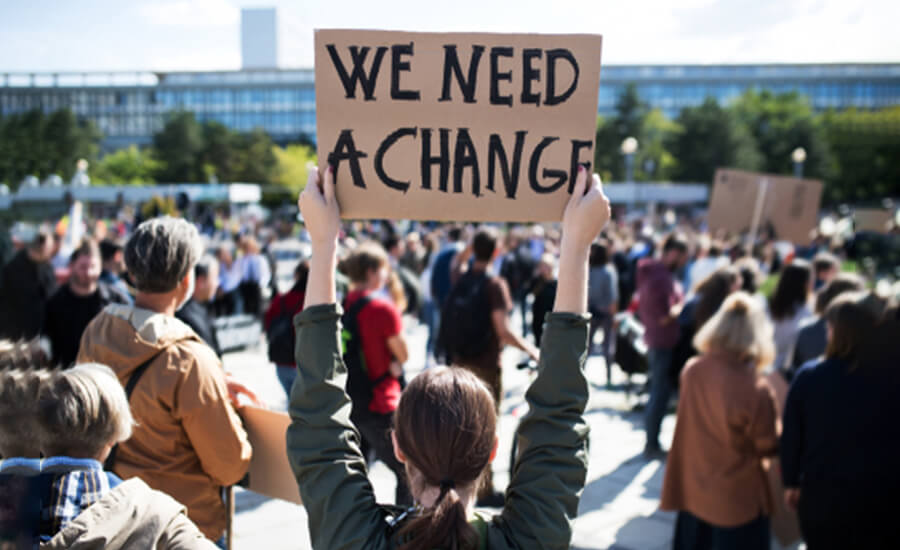In today’s increasingly interconnected world, no market operates in isolation. Economic indicators, corporate earnings, and interest rates are no longer the sole influencers of financial markets. Global political events, often overlooked by novice investors, can significantly sway market dynamics, making them a critical aspect of any well-rounded investment strategy. This blog post aims to explore the intricate relationship between global politics and financial markets.
Political events, from elections and legislative changes to geopolitical tensions and trade wars, can cause substantial market volatility. Uncertainty tends to make investors nervous, and these events can create an environment of unpredictability that financial markets generally dislike.
Consider elections, for instance. They can bring about changes in government policies that may significantly impact various sectors of the economy. If an incoming administration is expected to implement regulations that could limit a particular industry’s profits, stocks within that industry may decline in anticipation. Conversely, if the new government is expected to increase public spending in a certain sector, companies within that sector may see their stock prices rise.
International relations and geopolitical tensions also play a significant role. Disputes between countries can disrupt trade, affecting the economies of the countries involved and, by extension, global financial markets. For instance, the announcement of new tariffs or sanctions can cause a sell-off in the markets due to fears of an impending trade war.
Monetary and fiscal policies enacted by governments can also have profound effects on financial markets. Central banks’ decisions on interest rates can impact the cost of borrowing, spending habits, and thus, economic growth. On the other hand, fiscal policies, such as changes in tax rates or public spending, can influence corporate earnings and consumer behavior, consequently moving financial markets.
Political stability is another crucial factor. Countries with stable governments are often seen as safer investments, attracting foreign investors and boosting their financial markets. Conversely, political instability or drastic changes in policy can deter investors, leading to declines in market performance.
Lastly, global crises, such as wars, pandemics, or climate change-related events, can significantly impact financial markets. These events can cause widespread uncertainty, leading to increased market volatility as investors react to changes in global dynamics.

Given the impact global politics can have on financial markets, how should investors navigate this landscape? Staying informed is the first step. Understand the current political climate and potential policy changes that could impact your investments. Diversification, both in terms of asset classes and geographies, can also help insulate your portfolio from political risks.
Consider also working with a financial advisor. They can provide insights into the potential impacts of political events on your investment portfolio and suggest strategies to mitigate risks.
In conclusion, the intersection of global politics and financial markets is a complex but crucial aspect of investing. While it is impossible to predict with certainty how political events will unfold or their eventual impact on markets, an awareness of global politics can provide investors with a more holistic understanding of the forces that shape financial markets. As the old adage goes, forewarned is forearmed, and in the context of investing, knowledge truly is power.

















